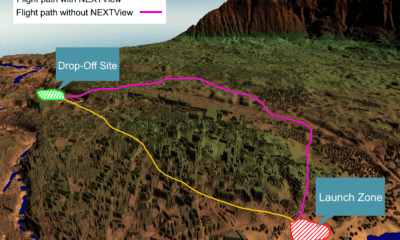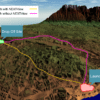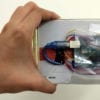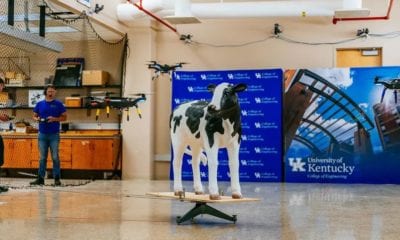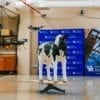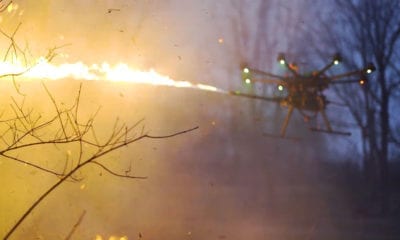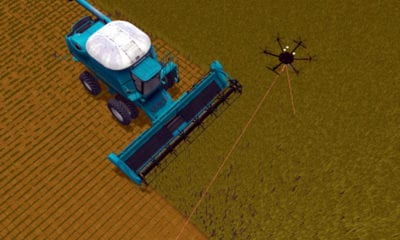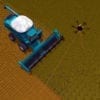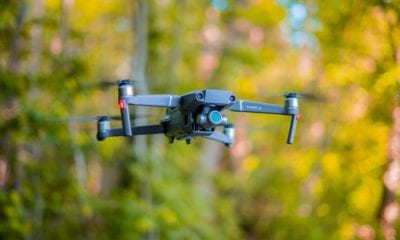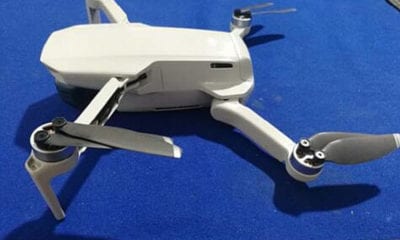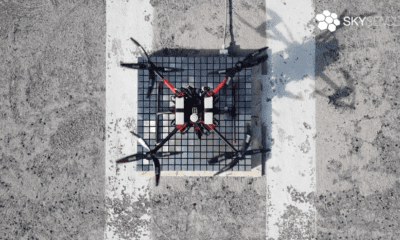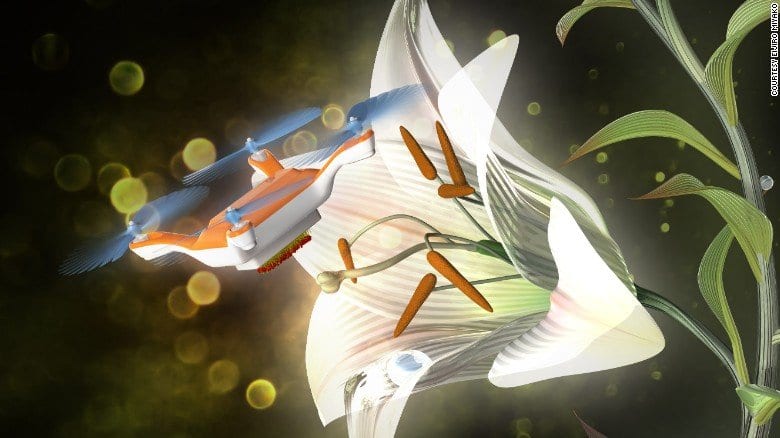
News
This Tiny Bee Drone Could Help Feed The World
This Tiny Bee Drone Could Help Feed The World
Japanese scientists have designed a mini-drone that could potentially replace bees. Currently, these natural pollinators are fewer and fewer. Because of this threatening decline, the pollination of the flora is in real difficulty. The causes of this environmental upheaval are multiple, ranging from loss of biodiversity, habitat, to pesticide use in agriculture, according to Greenpeace site SOS Bees.
Should bee numbers decline to the extent that there are not enough to pollinate the world’s food supplies, could tiny drones help? In the land of the rising sun, this is being considered. To overcome this problem, Japan’s National Institute of Industrial Science and Technology (AIST) have produced a revolutionary little drone.
The artificial pollinator is the brilliant idea of Eijiro Miyako, a chemist from the National Institute of Advanced Industrial Science and Technology in Tsukuba, Japan.
A decade earlier, Miyako discovered a gel with exceptional properties. Since then, this chemist has been part of the AIST research team that has developed this new pollination technique. The robotic bee is coated with this gel to facilitate the transport of pollen – in terms of nanotechnology and biomimicry, this is a very promising scientific discovery.
In a paper published in the science journal Chem, Miyako’s team explained the significance of their achievement.
“The global pollination crisis is a critical issue for the natural environment and our lives,” they wrote. “The need to develop an innovative pollination tool that does not require time and effort to achieve pollination with a high success rate is urgent.”
In a video made by the chemist, the bee drone is shown collecting and depositing pollen with a special sticky gel coated on its bottom.
Alternative methods to pollination are manual, using brushes and train workers to manually perform pollination. However, this is costly and has only an average success rate.
The AIST bee drone could solve this problem. About the size of an insect, it has four propellers as well as GPS navigation. With an integrated AI, the device has been designed to be able to move autonomously. Moreover, the device is equipped with a rechargeable battery having a flight time of an hour and twenty minutes.
The minirobot contains millions of horse hairs, which, coated with ionic gel, facilitate the transport of pollen from one flower to the pistil of another. Another property of the gel is that it takes different colors compared to different sources of brightness, which can be used as camouflage. Researchers can also program these robotic insects to work on a specific kind of flower.
Bees are currently facing many threats. Global warming triggers harmful climatic disturbances for any insect. The use of pesticides by man kills insects by colonies, whether they are harmful or not. And to top it off, parasites decimate bees by swarm.
At present, bees are experiencing a clear decline in their population. Yet, in the United States alone, pollination by bees (in relation to fruit and vegetable production) generates about $ 15 billion a year.
In 2014, National Geographic 2014 Emerging Explorer and award-winning engineer Robert Wood, also developed a fleet of tiny, robotic bees. Will tiny drone bees save the world? Let’s hope it doesn’t have to come to that.

